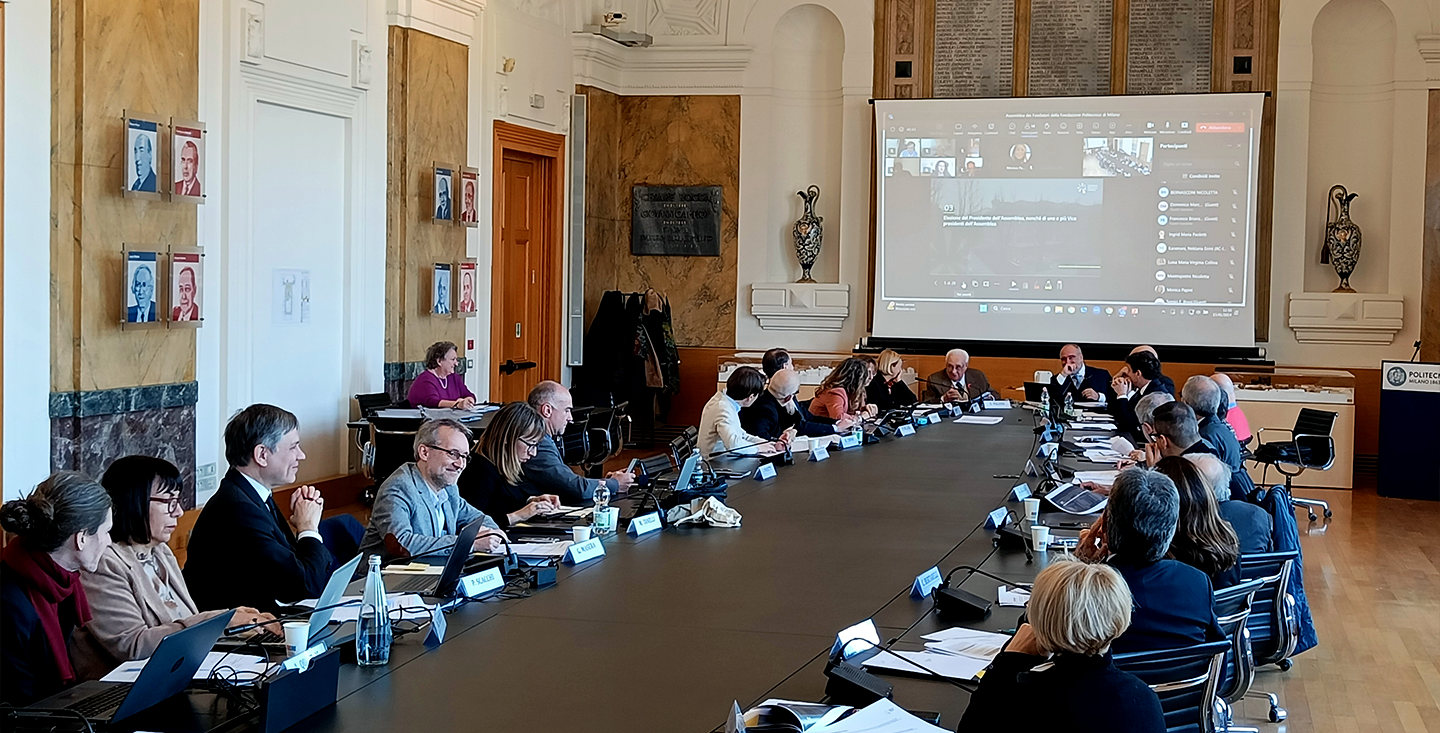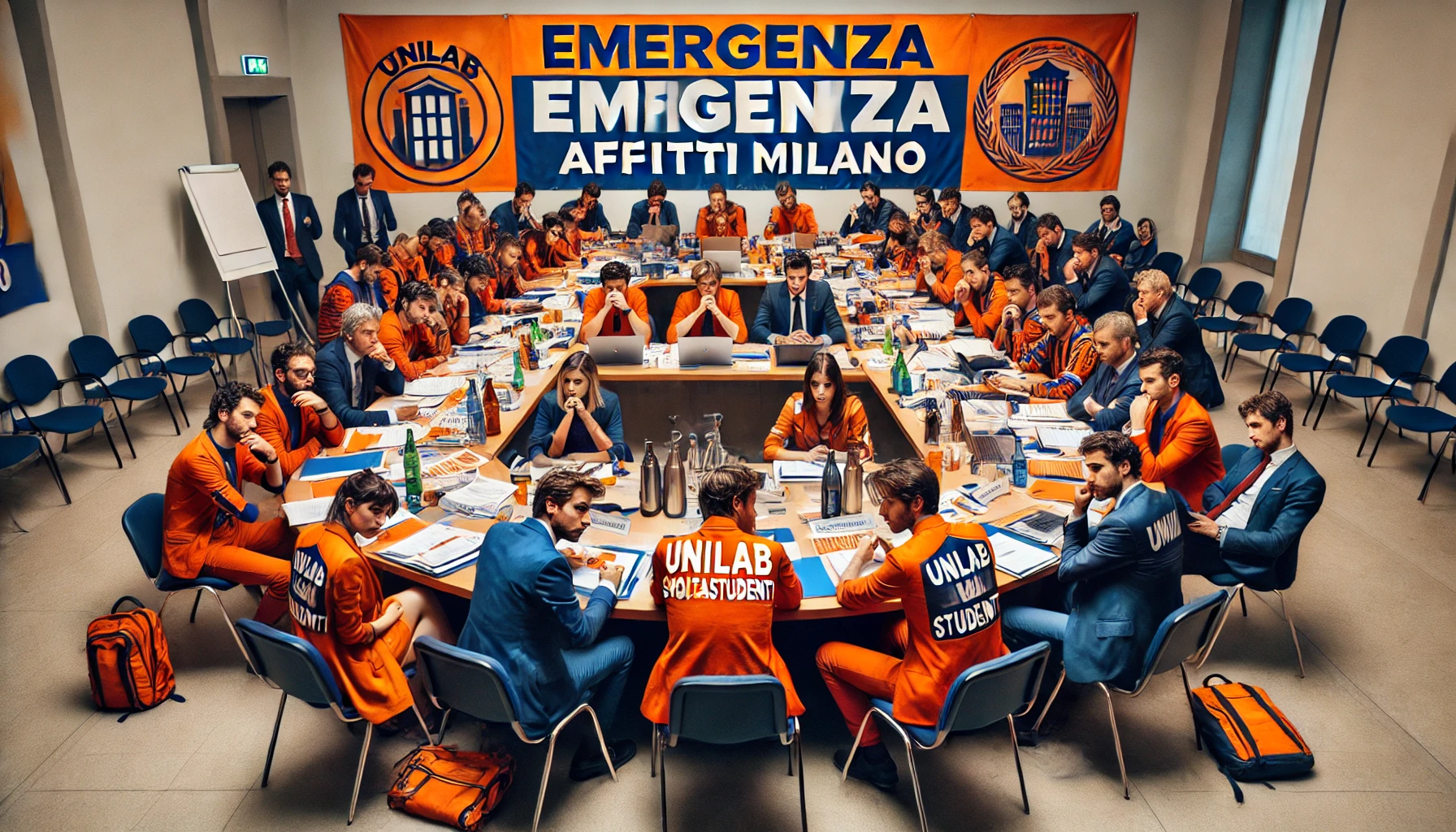Fight against waste and parentopolis; stop to rectors for life; autonomy of universities combined with a strong financial, scientific and didactic responsibility; money only on the basis of quality (poorly managed universities will receive less) and end of rain funding; recruitment and governance according to meritocratic and transparent criteria.
These are the main novelties of the reform of the university approved by the Senate definitively.
ADOPTION OF A CODE OF ETHICS to avoid incompatibilities and conflicts of interest related to kinship. In this regard, it is also established that to participate in the competitions you must not have, within the university, kinship up to the fourth degree. Universities that hire or manage resources in a non-transparent manner will have to be reduced by the Ministry's funding.
MAXIMUM LIMIT TO THE MANDATE OF THE RECTORS of a total of 6 years, including those already passed before the reform. A rector may remain in office for only one term and will be distrustful.
CLEAR DISTINCTION OF FUNCTIONS BETWEEN THE SENATE AND THE BOARD OF DIRECTORS: the Senate will make proposals of a scientific nature, but it will be the Board of Directors who will have clear responsibility for recruitment and expenses. The Board of Directors will have at least 3 external members out of 11. The President may be external. Qualified presence of students in government bodies.
GENERAL MANAGER INSTEAD OF THE ADMINISTRATIVE DIRECTOR: the general manager will have tasks of great responsibility and will have to answer for his choices, like a real manager of the university.
UNIVERSITY EVALUATION UNIT WITH AN EXTERNAL MAJORITY to ensure an objective and impartial evaluation. STUDENTS WILL EVALUATE THE PROFESSORS and this evaluation will be decisive for the allocation of funds by the Ministry.
MERGER UNIVERSITIES there will be the possibility of uniting or federating nearby universities, also in relation to individual sectors of activity, usually at regional level, to reduce costs and increase the quality of teaching and research.
REDUCTION OF SCIENTIFIC-DISCIPLINARY SECTORS, from the current 370 to half (minimum consistency of 50 ordinary per sector). No to micro-sectors that damage the circulation of ideas and give too much power to narrow groups.
INTERNAL REORGANIZATION OF THE UNIVERSITIES very strong reduction of the faculties that can be a maximum of 12 per university.
RECRUITMENT OF YOUNG SCHOLARS introduced the national qualification as a condition for access to the association and the ordinariate.
The qualification is awarded by a national commission on the basis of specific quality parameters. The places will then be assigned as a result of public selection procedures announced by the individual universities, which can only be accessed by qualified people.
Among the highlights: Authoritative national qualification commissions with Italian members and, for the first time, also foreigners; regular annual qualification as a professor, in order to avoid long waits and uncertainties; distinction between recruitment and career progression.
ACCESS OF YOUNG SCHOLARS The bill introduces interventions aimed at promoting the training and access of young scholars to the academic career.
Among the highlights: revision and simplification of the salary structure of academic staff to eliminate penalties to the detriment of younger teachers; revision of research grants to introduce greater protections, with increased amounts; abolition of post-doctoral scholarships, underpaid and without rights; new legislation on contract teaching: recruitment reform.
FINANCIAL MANAGEMENT Introduction of uniform economic and patrimonial accounting, according to national criteria agreed between Education and Treasury: the budgets will have to meet the criteria of greater transparency. Commissioner and zero tolerance for universities in financial distress.
EVALUATION OF UNIVERSITIES Resources will be transferred by the ministry based on the quality of research and teaching.
End of the distribution of rain funds. Obligation of accreditation, therefore verification by the ministry of all courses and branch offices to avoid unnecessary ones and evaluation of the efficiency of the results by Anvur.
OBLIGATION TO ATTEND TEACHERS IN CLASS will have the obligation to certify their presence in class. This is to avoid that the problem of the absences of professors in universities is proposed again without a solution.
For the first time, a uniform reference is also established for the commitment of full-time professors for all teaching, research and management activities, set at 1500 hours per year, of which at least 350 are intended for teaching and service activities.
SALARY SHOTS ONLY TO THE BEST PROFESSORS The measures announced in Dm 180 on the evaluation of the research activity of teachers are strengthened. In case of negative evaluation you lose the salary step and you can not participate as commissioners in the competitions.
RIGHT TO STUDY AND AID TO DESERVING STUDENTS Delegation to the government to organically reform Law 390/1991, in agreement with the Regions to shift support directly to students to facilitate access to university studies and mobility. In addition, a national merit fund will be set up in order to provide merit grants and to manage honor loans on a uniform basis, with very low rates.
MOBILITY OF PERSONNEL Mobility between universities will be encouraged, because a system without internal mobility is not a modern and dynamic system.
Possibility for those who work in university to take 5 years of leave to go private without losing their place. (Source Ansa)




